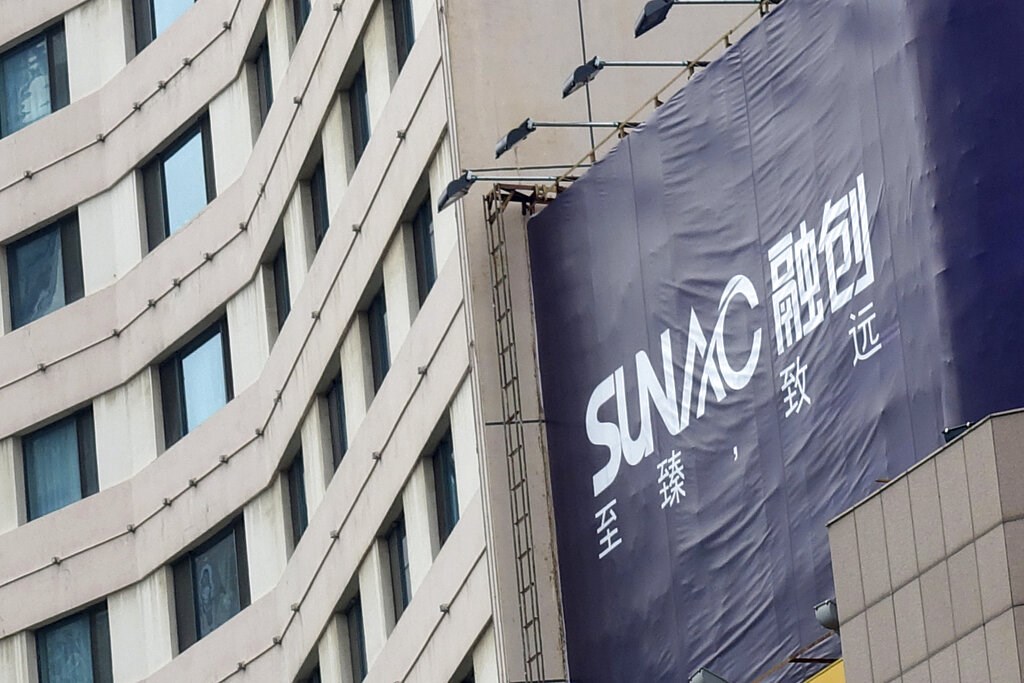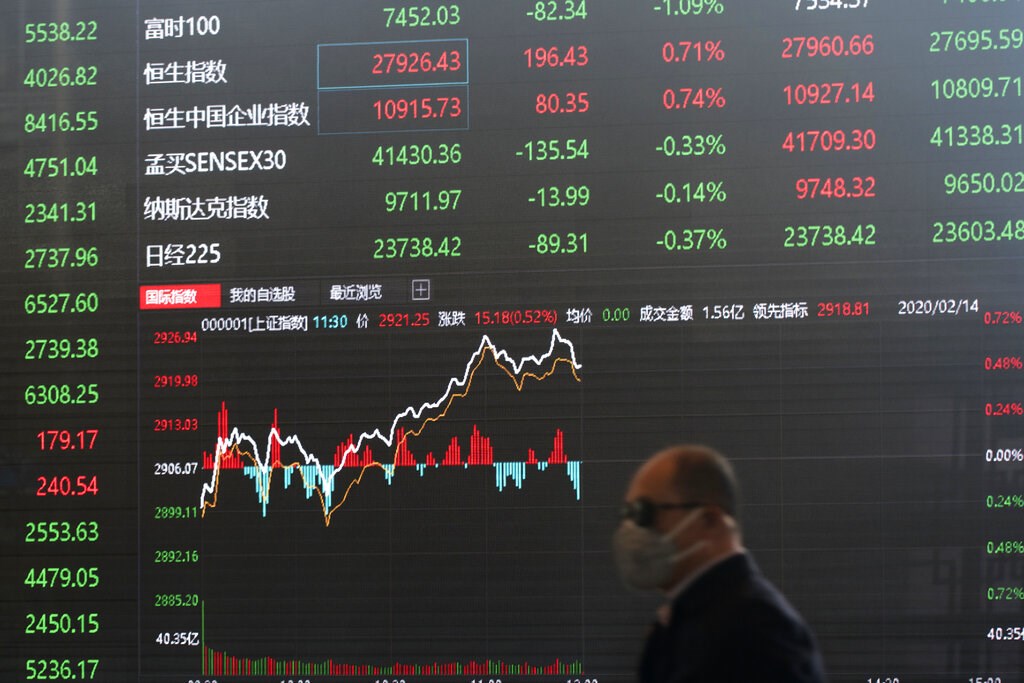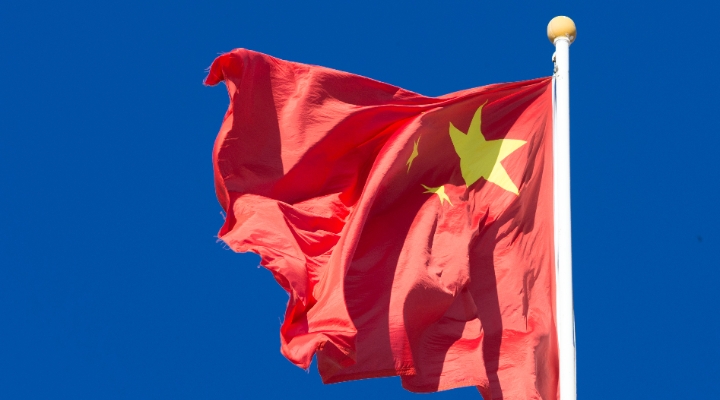
The recent rebound brings Chinese mega-scale tech firms back up 20% from the lows, but they have yet to shrug off share price weakness. For Tencent (00700), the share price recovery lost steam as its largest shareholder, Prosus, announced on June 27 it would gradually pull investments from the Chinese firm. Tencent has undergone its repurchase program for 10 trading days in a row. Since the beginning of 2022, the company bought its own shares worth HKD 9.4 billion.
Ivan Su, senior equity analyst at Morningstar, describes the share sale plan by Amsterdam-based Prosus as a surprise. This was because the Dutch firm, owning a 29% stake in Tencent, had agreed not to sell further shares after the disposal of a 2% stake in 2021. However, Su believes the decision was made to finance a share-buyback program that aims to narrow a long-standing discount that Prosus’ shares trade to its net asset value.
“We do not view Prosus’ decision to sell the stock as indicative of any fundamental changes to Tencent’s business,” says Su, retaining his fair value estimate at HKD 741 per share. That means Tencent now trades at half his fair value estimate. While Tencent is challenged by the macro headline, which likely will lead to earnings declines for the next one to two quarters, Su believes that a turnaround is in clear sight for three reasons: 1) game license approvals are coming back on track; 2) Beijing is signaling support to internet giants; and 3) cities like Shanghai continue to exit from coronavirus lockdowns.
What Is a Share Buyback? Why Does It Matter?
Share buybacks are one of the ways that companies return cash to shareholders.
Although the market may perceive the initiation or increase of a share-repurchase program as a signal that managers believe their stock is undervalued, which can push its price up, this is not necessarily predictive of future performance. The repurchase itself tells little about a firm’s financial health, as the program can be financed by debt, rather than by excess cash generated by the core business. It also would not be desirable to overlook other attributes like longer-term competitive advantages and business strategy.
Other than a Morningstar star rating or a fair value estimate, investors can use the Morningstar Capital Allocation Rating to assess a company. The rating considers three key metrics in a stock—balance sheet, investment, and shareholder distributions—which company management has control over and can spend money on.
Look at Capital Allocation
In the case of Tencent, the stock warrants an Exemplary Capital Allocation Rating. This top rating reflects that Tencent has a sound balance sheet, exceptional investments, and appropriate shareholder distributions.
“We think investments back into the business are most likely to be the key driver of total shareholder returns and are appropriately prioritized over other capital returns such as dividends and buybacks. For Tencent, we remain confident in its longer-term free cash flow potential,” says Su.
In terms of returning cash to investors, Tencent has also been paying some dividends. Over the past three years, the firm has paid its shareholders an average of roughly 8% out of the earnings. That implies the growth stock yields less than 1%. Su explains: “Given the group’s capital deployment strategy will remain centered around investments, we expect dividend policy to remain stable over the near term.”













.png)



.jpg)





